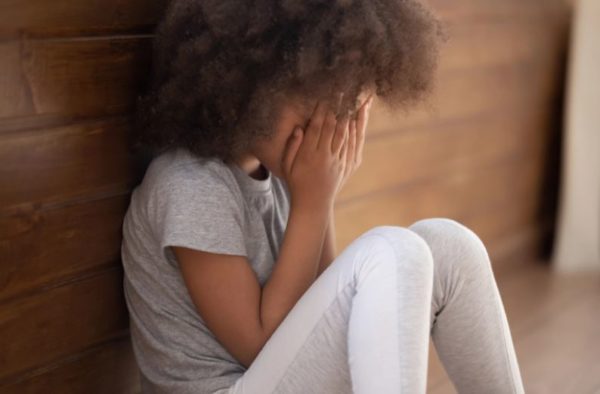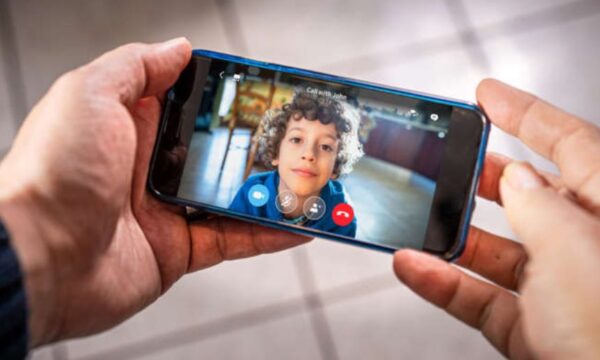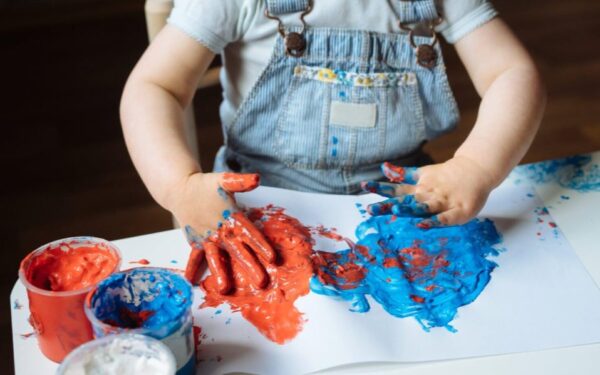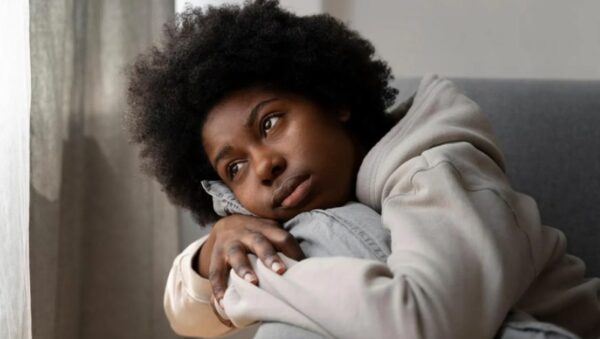Lifestyle
3 common signs of s*xual abuse in children

The topic of child abuse has often been understated, but this does not mean that the problem does not exist.
Children across the world experience sexual abuse every day in some form and the numbers take a plunge every year.
Be it physical or emotional, violating kids sexually leaves a deep impact on their mental health, which may keep bothering them throughout their lives.
They may have difficulty trusting people, getting in a relationship or may suffer from depression.
As parents, we must prevent such incidents and provide sufficient support to overcome the trauma. For that, you need to understand what categorises sexual abuse and what are some of its common signs.
What is sexual abuse?
When kids are forced or tricked into sexual activity- physical, verbal or emotional -it is termed as sexual abuse. Kids often fall for it because they might not be aware of the topic or would be too small to understand the motive of the abuser. Sexual abuse can happen anywhere – in person or online.
Types of sexual abuse
There are 2 types of sexual abuse – contact and non-contact. Contact abuse is where an abuser makes physical contact with a child, while non-contact abuse can happen in person or online. Contact abuse can include touching, kissing, oral sex or rape. Non-contact abuse includes flashing, masturbating, showing pornography or making videos. Kids might be able to express these things so you need to look for signs of abuse to help your kids.
1. Physical signs
Physical signs can be seen in your kid’s body that could indicate a problem, including the possibility of sexual abuse:
- Pain or itching in the genital area
- Stained underwear with blood or other discharge
- Rectal bleeding
- Problems in walking or sitting
- Soiling or wetting clothes, or bedwetting
- Eating more or less than usual
- Having trouble sleeping
- Stomachaches
2. Behavioural changes
Sexual abuse also alters the behaviour of your kid. They may act differently or suddenly react in a different way. Some common things that you may witness are:
- Staying quiet
- Social distancing
- Losing interest in schoolwork or other activities
- Poor performance in school
3. Emotional changes
Any episode of sexual abuse may be traumatising for kids. This can also make them more emotional.
- Anxiety
- Depression
- Anger
- Fear
- Crying without any reason
- Low self-esteem
- confused sexual
- Having nightmares
What you should do?
If your child confronts you about any such incident or you have any suspicion, talk about it calmly to your kid. First of all, assure them that it is not their fault and they should not feel guilty or blame themselves for it. Explain what you will do next and report the issue as soon as possible.










